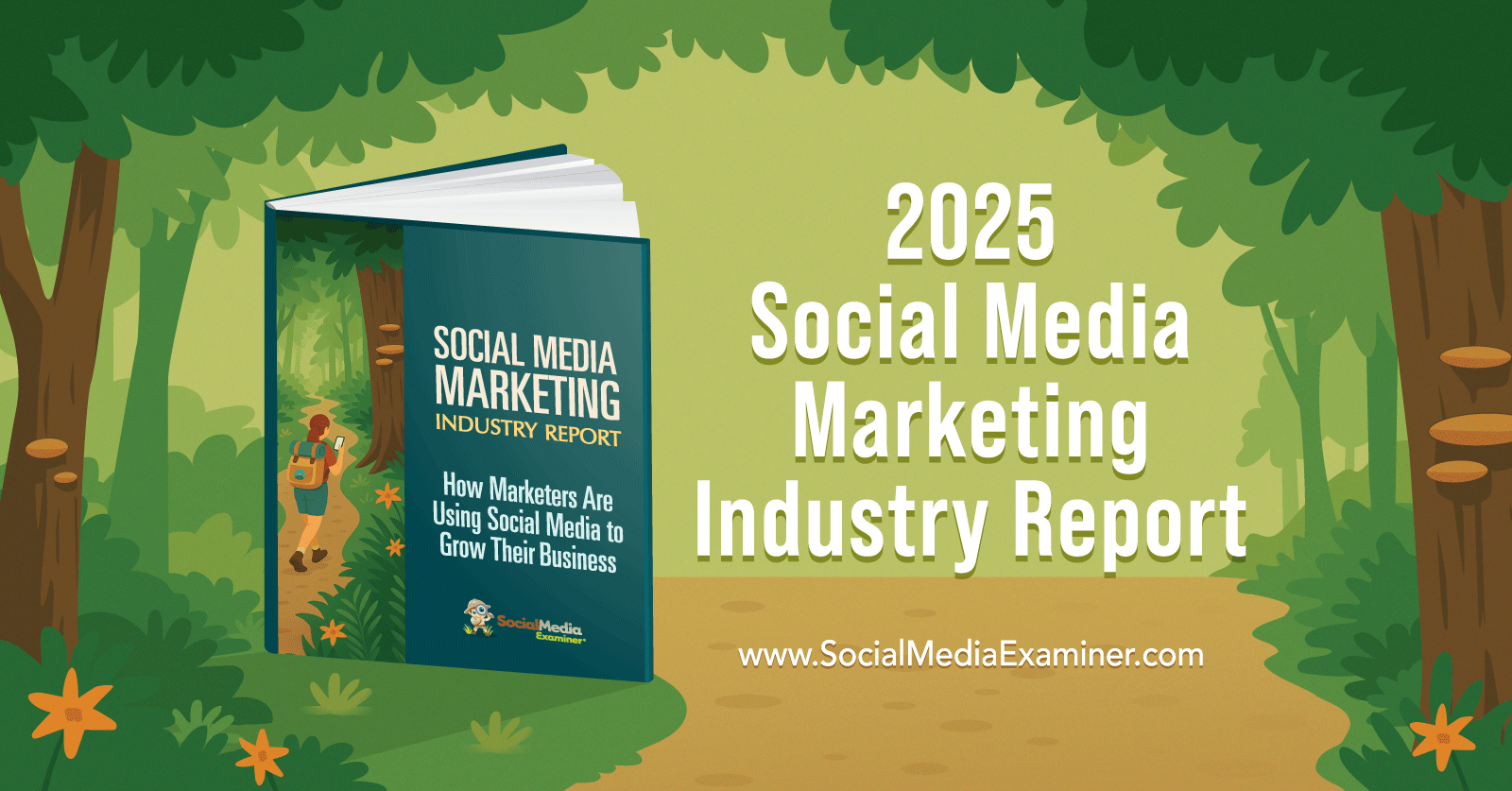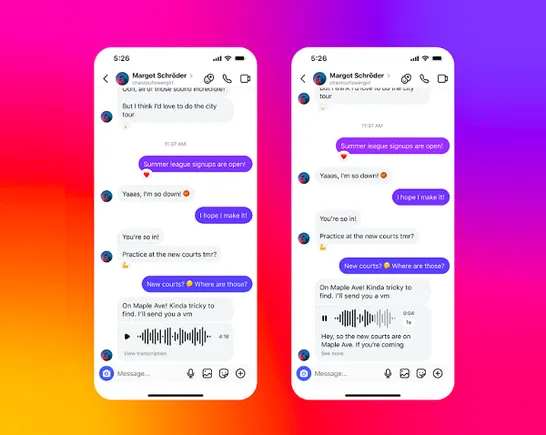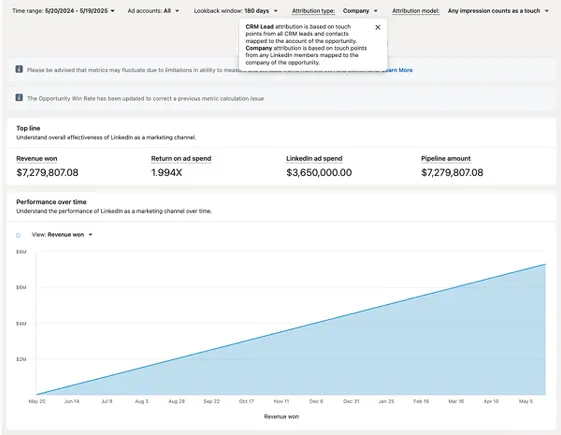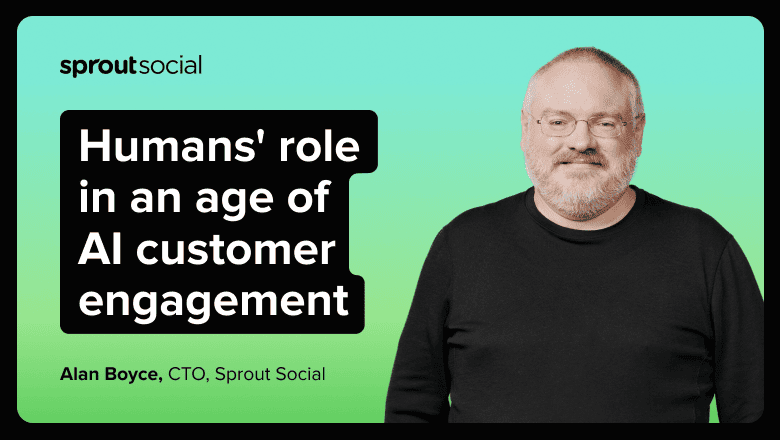Organic vs paid social media: Everything you need to know
Weighing the options between organic vs paid social media? We’ll save you some legwork: you’re probably going to want to do a bit of both. The post Organic vs paid social media: Everything you need to know appeared first on Social Media Marketing & Management Dashboard.

Trying to decide between organic vs. paid social media as a part of your strategy? We’ll let you in on a secret: you’re probably going to want to do a bit of both.
Paid and organic social media are two different beasts best harnessed for different goals. But for a holistic approach that balances awareness with conversion, it pays to know the pros and cons of each.
Let’s explore organic vs. paid social media, the benefits and drawbacks of each, and how you can choose the right strategy — or seamlessly combine the two for the best results.
What is organic social media?
Organic social media refers to the free or unpaid content (posts, photos, videos, memes, stories, etc.) that all users — people and brands alike — share with each other across social media.
Examples of organic social media activities include:
- Sharing regular, non-boosted content to your social media feeds
- Encouraging your team to share company content on their own feeds (employee advocacy)
- Engaging with your audience by responding to comments and direct messages in a timely and genuine manner
- Sharing user-generated content that your community has organically shared with their own followers
As a brand, when you post organically to your account, you can expect that the people who will see it are:
- A percentage of your followers (your “organic reach”)
- People who visit your social media profile
- Your followers’ followers (if people choose to share your post)
- People following any hashtags you use
- People the algorithm thinks your content will like (i.e., “suggested content”)
It sounds pretty simple, but the reason that organic social media is the foundation of every digital marketing strategy today is because it’s the best way to nurture a connection with your customers at scale.
For example, brands use organic social to:
- Generate awareness and conversation around their products or services
- Establish their personality and voice
- Build relationships by sharing informative, entertaining, and/or inspiring content
- Engage customers at every stage of their buying journey
- Support their customers with customer service
Here are a few examples of typical organic content.
First, we have an Instagram post where Asian Fusion restaurant CO shares a photo of a dinner dish perfect for the weather:
Below is an image Notion shared to its X/Twitter feed of stickers representing its three different products:



















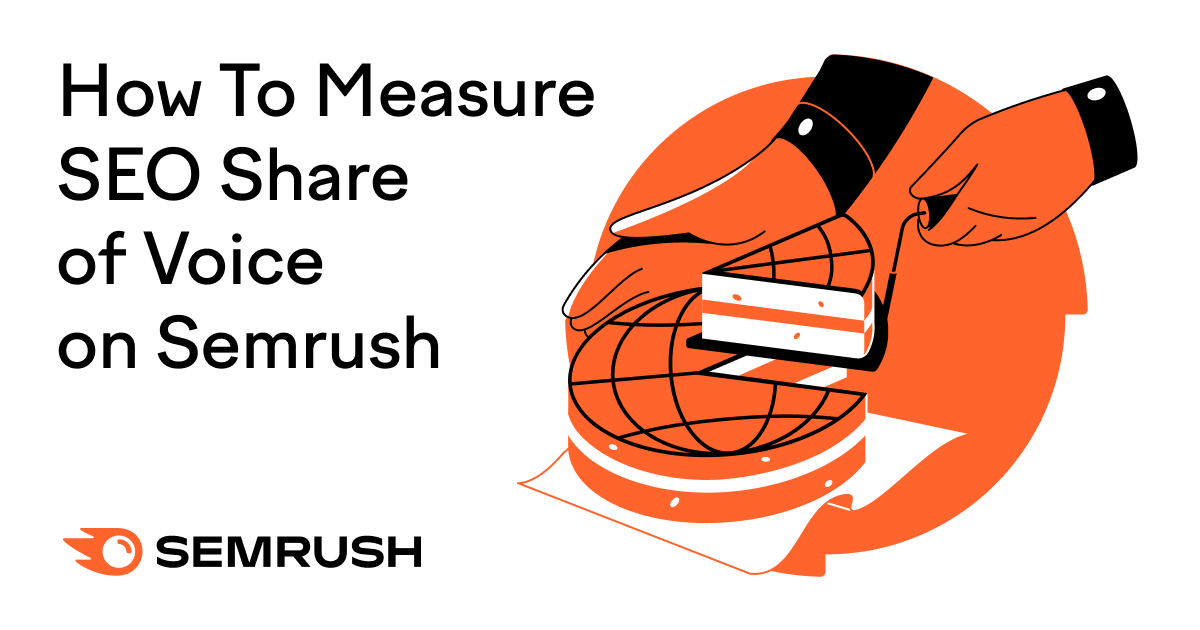




![How To Create an Integrated Strategy That Increases Brand Mentions and Visibility [Mozcon 2025 Speaker Series]](https://moz.com/images/blog/banners/Mozcon2025_SpeakerBlogHeader_1180x400_JamesH_London.png?auto=compress,format&fit=crop&dm=1747780409&s=9bf9f0a2623b4a8be6eaf8f235115505#)
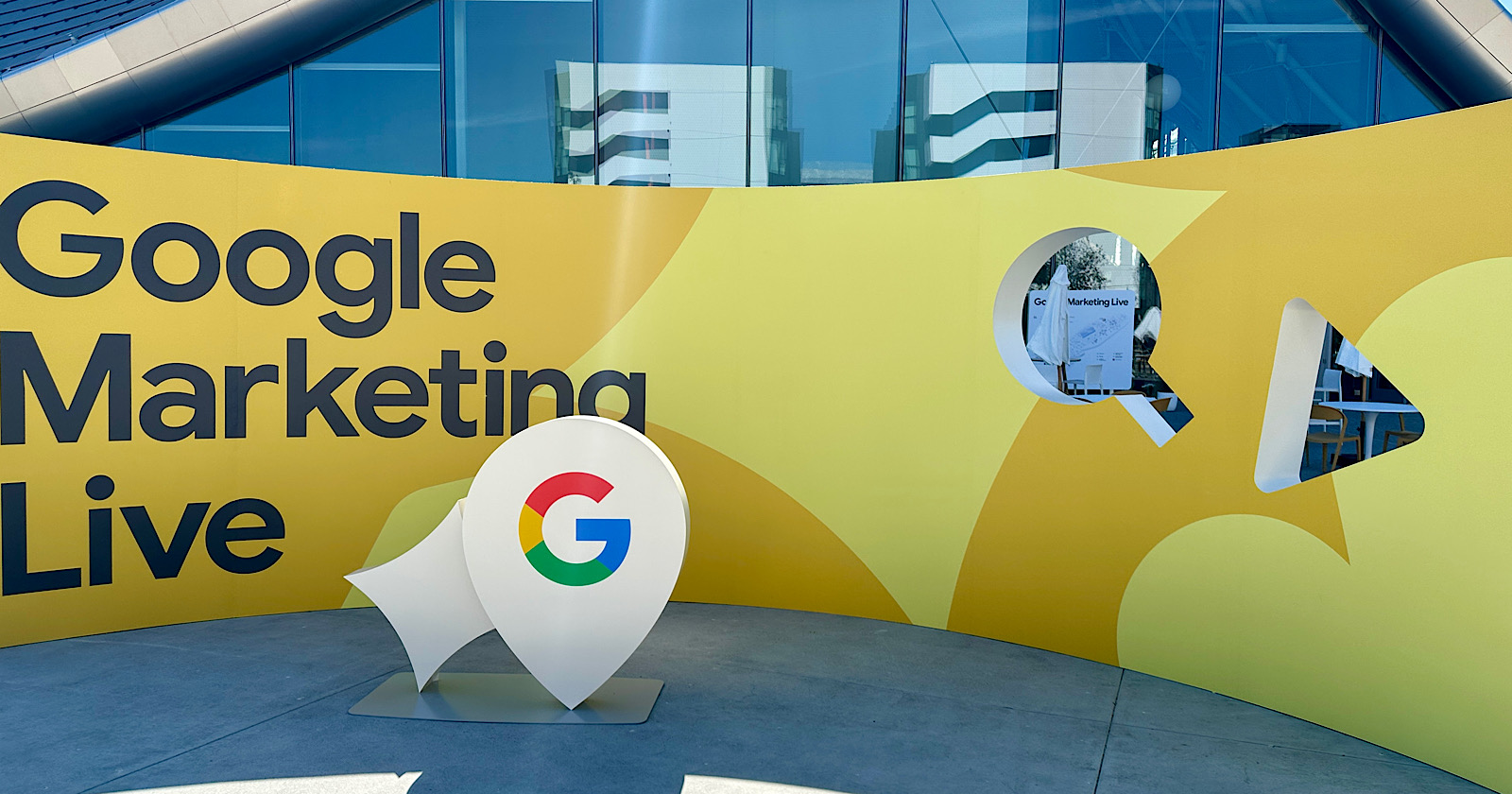

![How To Measure Topical Authority [In 2025] via @sejournal, @Kevin_Indig](https://www.searchenginejournal.com/wp-content/uploads/2024/03/kevin-indig-growth-memo-133.png)







.png)
















![The 11 Best Landing Page Builder Software Tools [2025]](https://www.growthmarketingpro.com/wp-content/uploads/2024/04/best-landing-page-software-hero-image-1024x618.png?#)











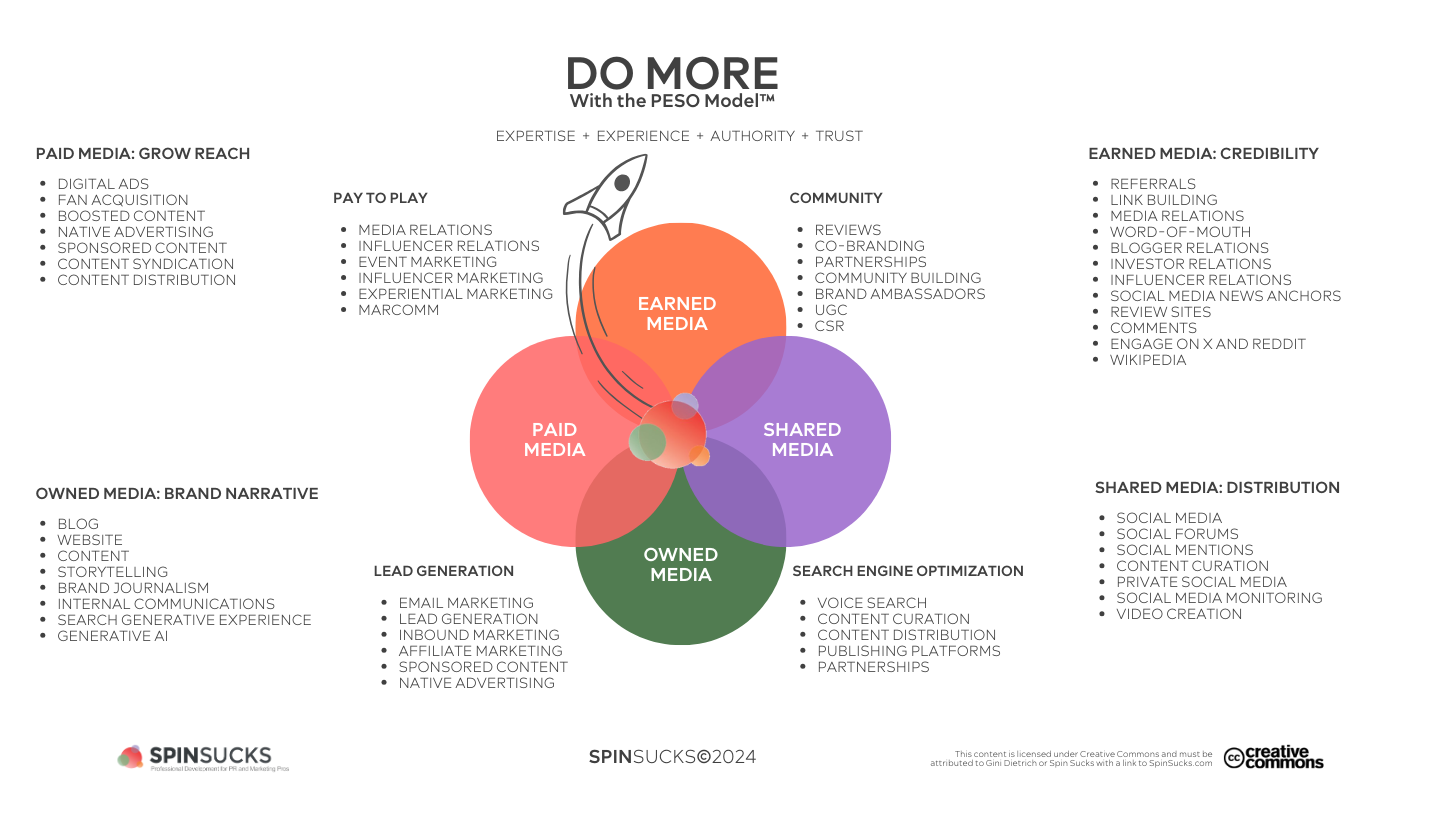

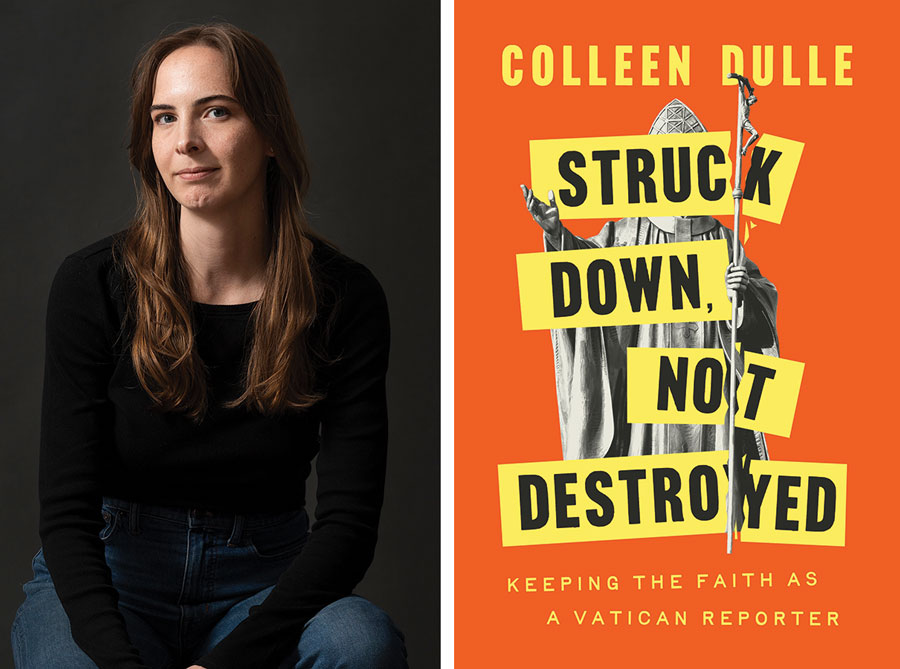

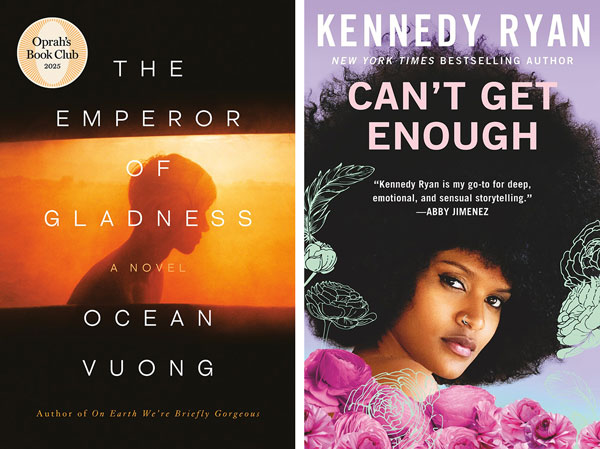


















![Last Click Attribution is Dead: Here’s How to Fix it [MozCon 2025 Speaker Series]](https://moz.com/images/blog/banners/Mozcon2025-Speaker-Blog-Header-1180x400_Luke-Carthy-London.png?auto=compress,format&fit=crop&dm=1747731954&s=0a7dbe2a99e197778e464aff2b463e05#)



![What’s Draining Your PPC Budget and How to Stop It [Webinar] via @sejournal, @hethr_campbell](https://www.searchenginejournal.com/wp-content/uploads/2025/05/featured-2-52.png)




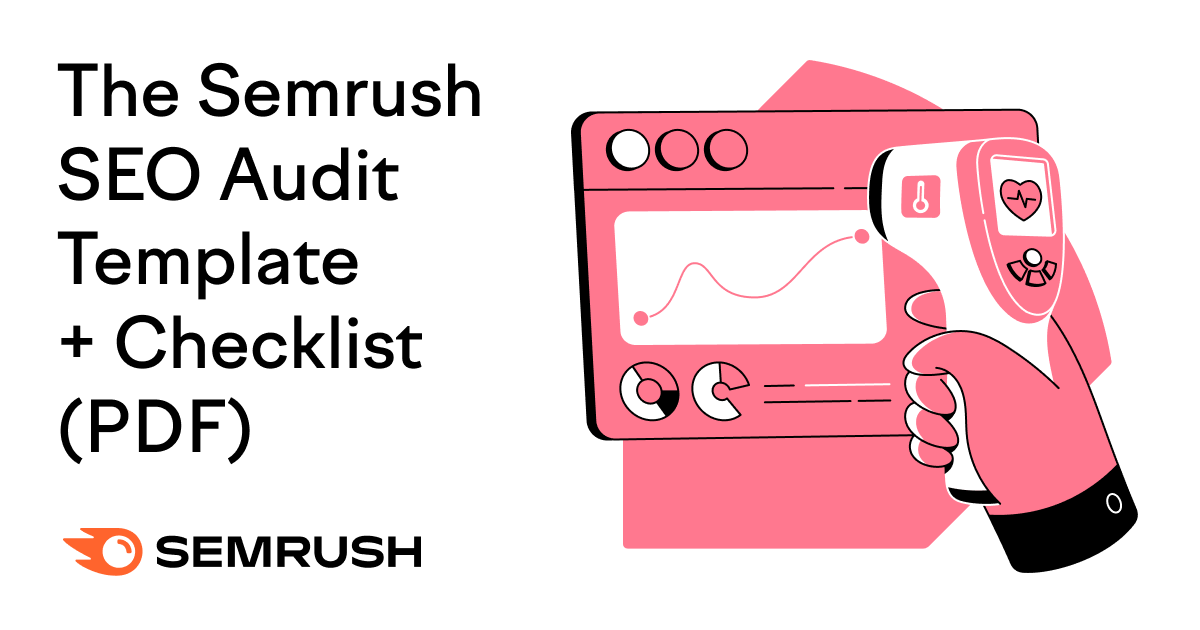
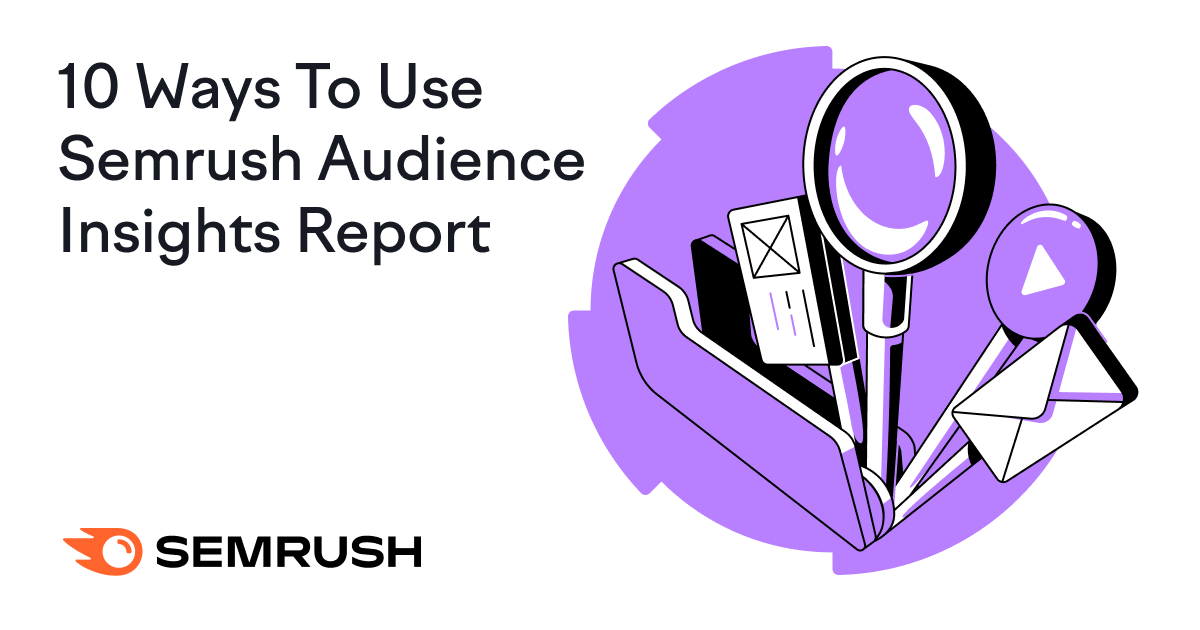

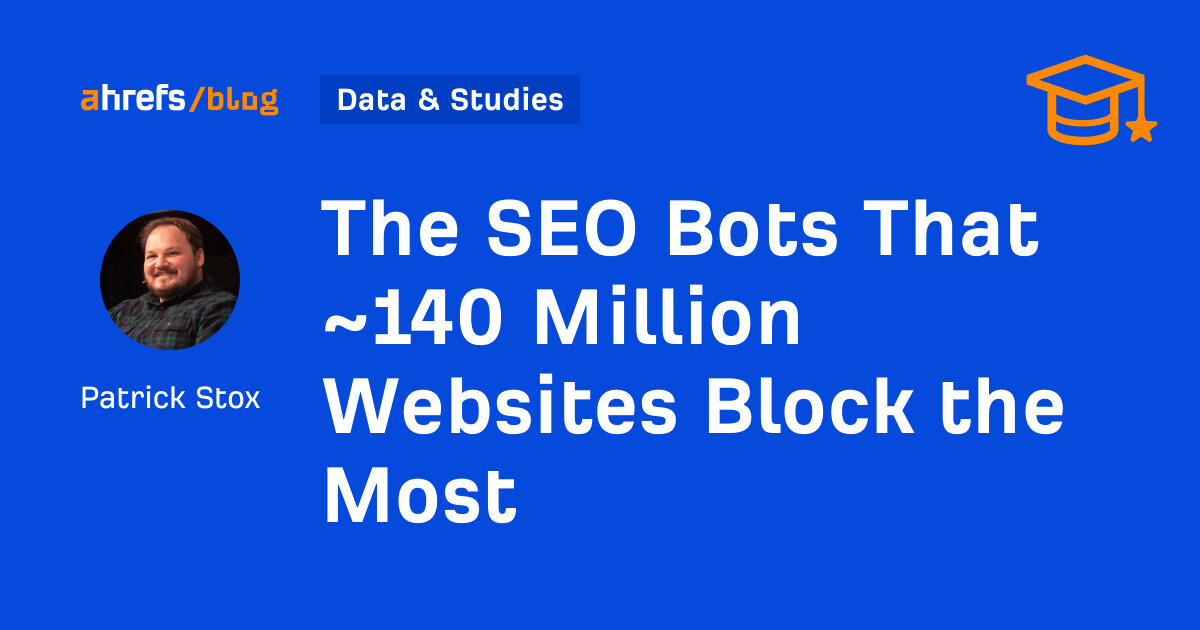
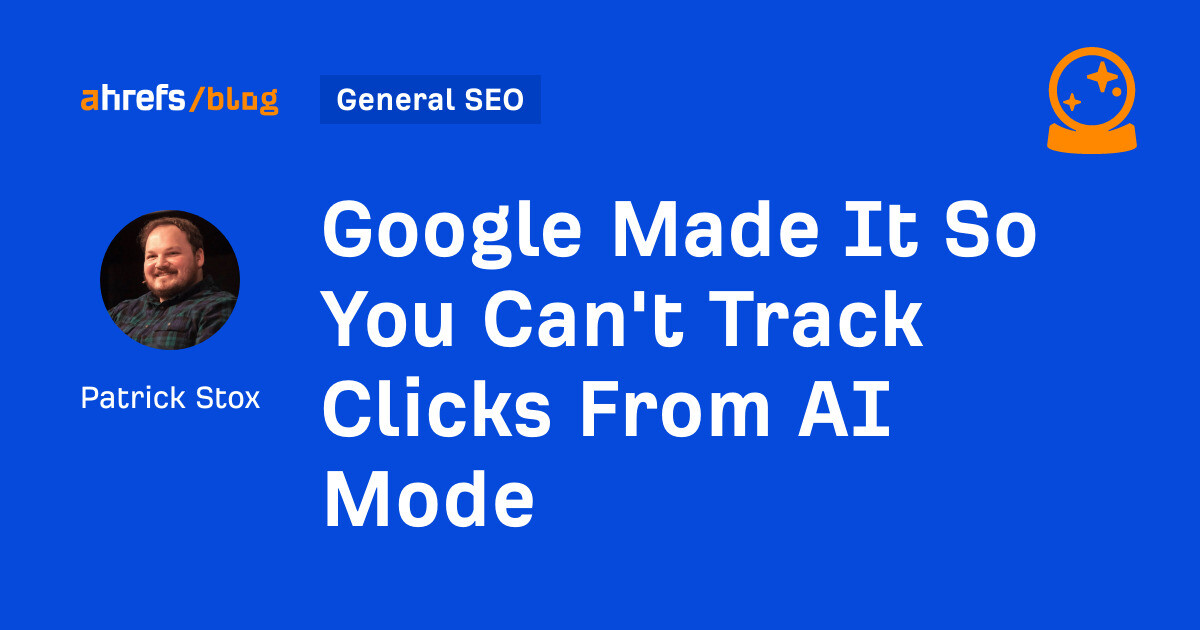




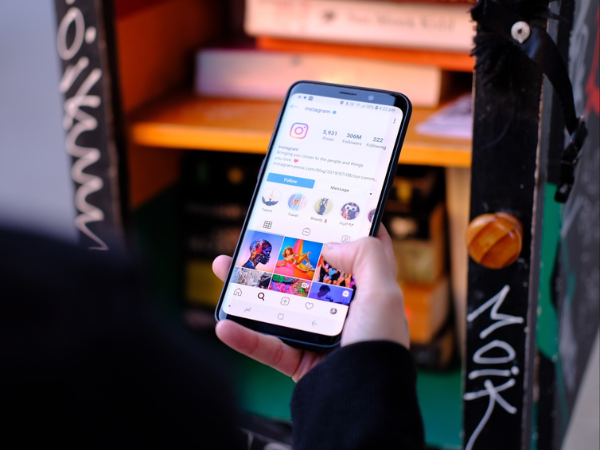
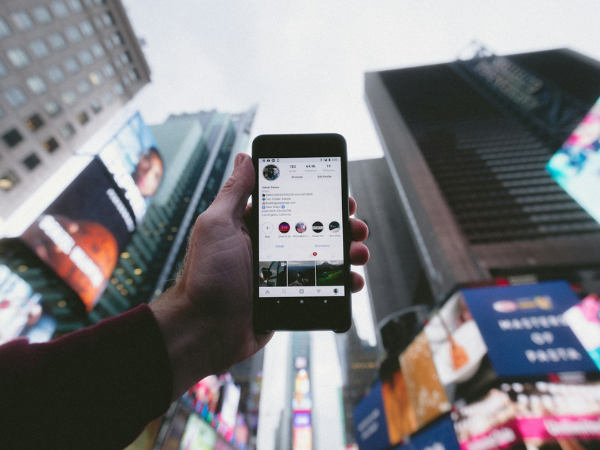








![Is Threads losing steam? Here’s what we know [new research]](https://www.hubspot.com/hubfs/is-threads-losing-steam.png)
![We asked customers how they like to communicate with brands [HubSpot blog survey]](https://www.hubspot.com/hubfs/ai%20customer%20service%20predictions%20%289%29%20%282%29.webp)






